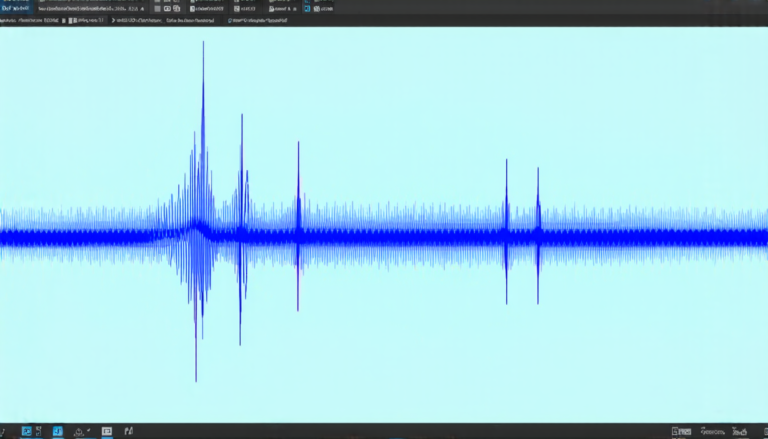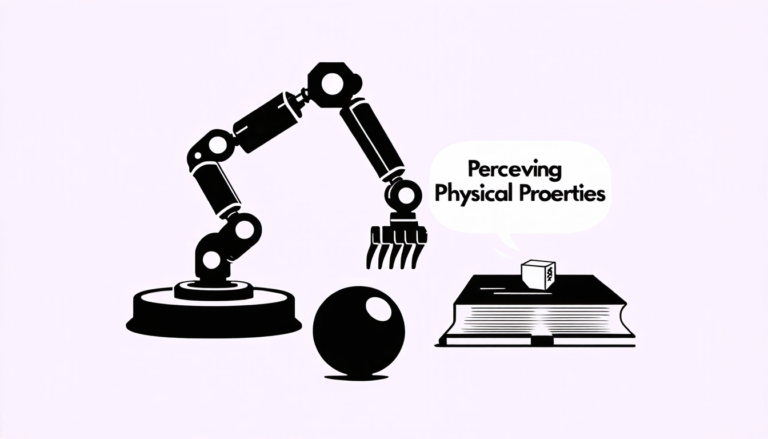Monday 07 April 2025
The quest for seamless collaboration has led researchers to develop innovative solutions, and a recent paper sheds light on an extension to Melda, a general-purpose delta-state JSON CRDT (Conflict-Free Replicated Data Type). Melda’s primary goal is to enable efficient and consistent handling of hierarchical data in collaborative applications.
In today’s digital age, people often work together on projects that involve shared documents. This can be challenging when multiple users are editing the same document simultaneously. To address this issue, CRDTs were developed to ensure that all users have access to the most up-to-date information without conflicts.
Melda’s original version provided support for concurrent updates and deletion operations but lacked a mechanism to handle move operations. Move operations involve relocating objects within a JSON hierarchy, which can lead to duplicate objects or missing elements if not handled correctly.
The recent extension to Melda addresses this limitation by introducing a new algorithm that ensures consistency when relocating hierarchical elements. The algorithm uses an unflattening procedure to reconstruct the document and removes any referenced objects from the associative array. This approach guarantees that moved objects are not duplicated and are always present in the resulting structure unless deleted by one of the concurrent edits.
To evaluate the effectiveness of this extension, researchers conducted a simulation with 10 clients performing concurrent updates on a starting document containing two arrays with 51 objects each. Each edit involved moving several random objects between the arrays. The results showed that the extended Melda algorithm successfully handled all move operations without creating duplicate objects or missing elements.
This development has significant implications for collaborative applications, particularly those involving hierarchical data structures. It enables developers to create more robust and efficient solutions for shared editing scenarios. For instance, in a team collaboration platform, this extension would allow users to seamlessly relocate objects within a project’s structure without disrupting the overall document.
In addition to its practical applications, this research demonstrates the importance of considering edge cases and corner scenarios when designing distributed systems. By addressing limitations and edge cases, developers can create more robust and reliable solutions that better serve their users.
The extension to Melda is an excellent example of how researchers are pushing the boundaries of collaborative technology. As we continue to rely on digital tools for communication and collaboration, it’s essential to develop innovative solutions that cater to our growing needs. This research paves the way for further advancements in distributed systems and highlights the importance of interdisciplinary collaboration between computer science and other fields.
Cite this article: “Efficient Consistency in Distributed JSON Data: A Novel Approach to Move Operations”, The Science Archive, 2025.
Collaboration, Crdts, Distributed Systems, Conflict-Free Replicated Data Type, Hierarchical Data Structures, Json, Move Operations, Concurrent Updates, Edge Cases, Interdisciplinary Research
Reference: Amos Brocco, “Introducing Support for Move Operations in Melda CRDT” (2025).







